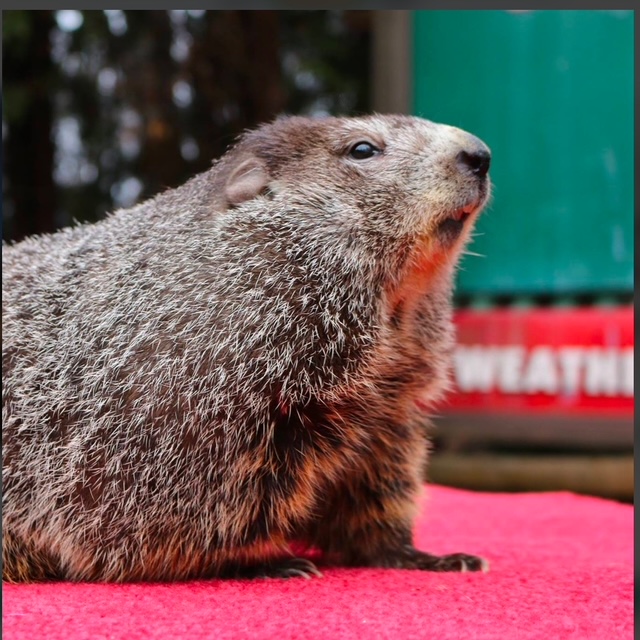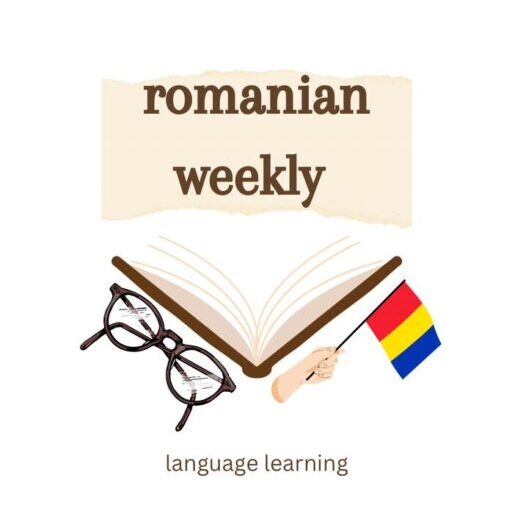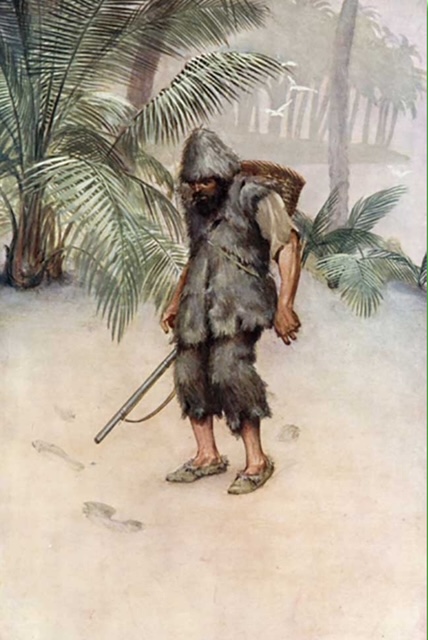
„Ziua marmotei” este un film de comedie-dramă din 1993, o explorare a creșterii personale și a dragostei, înfășurată într-o poveste plină de umor, dar emoționantă.
Povestea îl urmărește pe Phil Connors, un meteorolog TV cinic și egocentric care este trimis în micul oraș Punxsutawney din statul Pennsylvania, pentru a acoperi festivitățile anuale de Ziua Marmotei pe 2 februarie. În ciuda disprețului său față de misiune și de oamenii orașului, Phil își finalizează raportul fără tragere de inimă. Cu toate acestea, el se trezește în dimineața următoare și descoperă că este prins într-o buclă temporală, retrăind aceeași zi din nou și din nou.
Inițial nedumerit și frustrat de situația lui, Phil folosește bucla de timp pentru a face orice vrea, pentru a comite farse, a seduce femei și exploatează situația pentru câștig personal. Pe măsură ce timpul trece, încercările lui de a scăpa de buclă – inclusiv încercarea de a-și pune capăt vieții – eșuează, lăsându-l în disperare.
În cele din urmă, Phil trece printr-o transformare. Începe să folosească repetiția nesfârșită a aceleași zi pentru a deveni mai bun, acumulând aptitudini noi, cum ar fi cântatul la pian, sculptarea gheții și vorbirea în limbi străine. De asemenea, începe să aibă grijă cu adevărat de oamenii din jurul său, ajutându-i pe orășeni cu problemele lor și construind legături semnificative.
Schimbarea lui Phil se extinde și către Rita Hanson, producătoarea sa. Disprețuind-o inițial, el ajunge să-i admire bunătatea și inteligența, căutându-i afecțiunea prin acte autentice, mai degrabă decât prin manipulare. Abnegația și creșterea lui personală culminează într-o zi în care are un impact pozitiv față de toți cei pe care îi întâlnește.
Bucla se rupe în sfârșit iar Phil se trezește și află că este 3 februarie. Eliberarea de părerile avute odată și noua sa viziune asupra vieții îi permit să avanseze, acum gata să îmbrățișeze dragostea și un viitor mai luminos.
„Ziua marmotei” este considerat pe scară largă drept unul dintre cele mai bune filme realizate vreodată, lăudat pentru amestecul său de umor, filozofie existențială și povestire sinceră. Premisa sa unică a făcut din aceasta o piatră de încercare culturală, inspirând discuții, adaptări și chiar interpretări filozofice. Filmul continuă să rezoneze cu publicul ca o explorare atemporală a ceea ce înseamnă să trăiești o viață plină de sens.
In English:
Groundhog Day is a 1993 comedy-drama film, an exploration of personal growth and love, wrapped in a humorous yet emotional story.
The story follows Phil Connors, a cynical and self-centered TV weatherman who is sent to the small town of Punxsutawney, Pennsylvania, to cover the annual Groundhog Day festivities on February 2nd. Despite his disdain for the assignment and the people of the town, Phil reluctantly completes his report. However, he wakes up the next morning to discover he is trapped in a time loop, reliving the same day over and over.
Initially bewildered and frustrated by his predicament, Phil uses the time loop for selfish indulgence, committing pranks, seducing women, and exploiting his foreknowledge for personal gain. As time passes, his attempts to escape the loop—including trying to end his life—fail, leaving him in despair.
Eventually, Phil undergoes a transformation. He begins to use the endless repetition to improve himself, learning new skills like playing the piano, sculpting ice, and speaking foreign languages. He also starts to genuinely care for the people around him, helping townsfolk with their problems and building meaningful connections.
Phil’s change of heart extends to Rita Hanson, his producer. Initially dismissive of her, he grows to admire her kindness and intelligence, seeking her affection through genuine acts rather than manipulation. His selflessness and personal growth culminate in a day where he positively impacts everyone he encounters.
The loop finally breaks when Phil wakes up to find it is February 3rd. His redemption and newfound outlook on life allow him to move forward, now ready to embrace love and a brighter future.
Groundhog Day is widely regarded as one of the greatest films ever made, praised for its blend of humor, existential philosophy, and heartfelt storytelling. Its unique premise has made it a cultural touchstone, inspiring discussions, adaptations, and even philosophical interpretations. The film continues to resonate with audiences as a timeless exploration of what it means to live a meaningful life.








